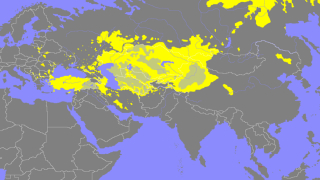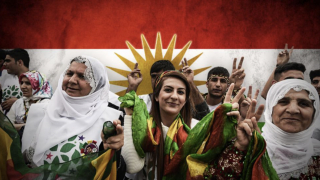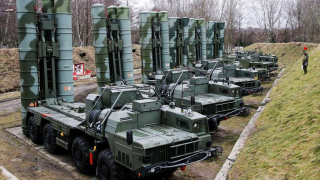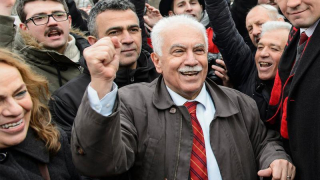See also
02.08.2016
The European Union is concerned over the prospects of a resumption of the “Turkish Stream” pipeline construction. Reuters has reported this, citing a...
21.03.2019
Pakistan-Turkey relations are on the revamp after decades of stagnation. Both countries have traditionally enjoyed close and cordial relations. The...
07.12.2020
From September 27 to November 10 there was a war between Azerbaijan and Armenian troops over the territory of Nagorno-Karabakh (Artsakh) that...
31.05.2021
Recently, serious developments followed by public enthusiastically are happening inTurkish inner politics. In last days, one of the most important...
14.10.2024
At the very moment when people around the world, especially Muslims, are launching campaigns to boycott Israeli products, hypocritical politicians...
31.10.2016
The first point that must be considered is the identity of the Kurds. The modern world features a complex model of understanding the differences...
08.01.2017
Iraq’s Prime Minister Haider Al Abadi said an agreement had been reached with Turkey over an Iraqi demand that Turkish forces withdraw from a town...
30.07.2018
For Syria, the war is not over yet. While Daraa and Quneitra return under the army of Bashar al Assad, the strategists in Damascus prepare the...
14.10.2016
Three rockets blew up in Antalya, the Turkish province. According to the reports of The Turkish media the highway between this inhabited locality...
02.04.2019
Turkish-American relations have never been in such a crisis. The causes of this crisis are clear:
- US support for Kurdish separatists and its plan...
24.08.2016
Turkish troops have launched a military operation against ISIS in Northern Syria. With the support of artillery and aviation an offensive has been...
25.05.2018
Exclusive interview of Geopolitica.ru with the presidential candidate in Turkey, the Chairman of the Vatan Partisi (The Patriotic Party) Doğu...













